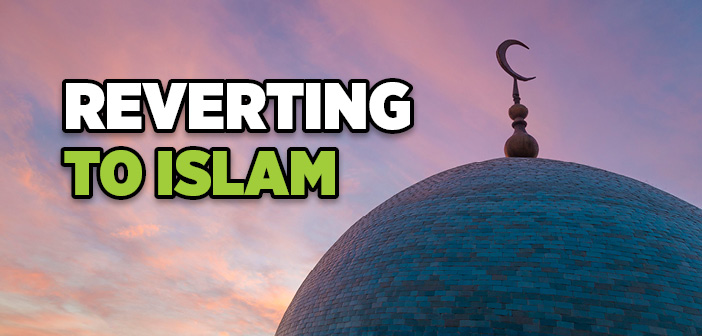Why friday is important for muslims?
The gathering of Muslims in one place and turning towards the same direction is in itself a festival, and so every Friday ritual prayer, which gathers all Muslims at the same place, has been effective in defining the term festival in Islam.[1] Therefore, for those who pray the Jumu’ah prayer, the Friday congregation is the weekly religious festival of the Muslim community. For this reason, the Prophet (peace and blessings be upon him), disliked fasting on Friday, unless it was combined with Thursday or Saturday, or it occurred during the month of Ramadan.[2] The first Friday ritual prayer in Islamic history was performed at the Bani Salim Mosque, when the Prophet Muhammad stopped on the way, while emigrating from Mecca to Medina.[3] The Jumu’ah prayer is obligatory upon all adult Muslim men, who are religiously and legally responsible, and are present at their area of residence. However, if a person is on a journey, then the Friday prayer is not obligatory on him, nor is it obligatory for those who are either ill or elderly, and are unable to reach the mosque. Thus, when the adhan is called, it is required for all those adult men, who are legally responsible in Islam, to perform the Friday prayer. Allah says in the Qur’an, “O you who believe, when [the adhan] is called for the prayer on the day of Jumu’ah [Friday], then proceed to the remembrance of Allah and leave trade [any work]. That is better for you, if you only knew.”[4] Once Allah’s Messenger addressed the congregation after the sermon of a Friday Prayer with the following words; “O Society of Muslims! God has made this day a festival day (Eid) so perform major ablution (ghusl), and it will not harm whoever has perfume to wear some of it, and use a tooth-stick.”[5] It was the Prophet’s tradition to take a bath and perform major ablution on Fridays.[6] The Prophet (peace and blessings be upon him), said, “If anyone takes a bath on Friday, puts on his best clothes, applies a touch of perfume if he has any, then goes to congregational prayer (in the mosque), and takes care not to step over people, then prays what Allah has prescribes for him, then keeps silent from the time the Imam comes out until he finishes his prayer, it will atone for his sins during the previous week.”[7] It is important for New Muslims to be aware of the rule of silence while the Imam is giving his sermon. It is not permissible to speak to others, even if is to tell them to be quiet. It is reported that the Prophet (peace and blessings be upon him) said; “If you say to your companion when the imam is giving his sermon on a Friday, ‘Be quiet and listen,’ you have engaged in idle talk.”[8] It is also important to remember that the Prophet (peace and blessings be upon him), said; “The five (daily) ritual prayers and from one Friday prayer to the (next) Friday ritual prayer, and from Ramadan to Ramadan are expiations for the (sins) committed in between (their intervals) provided one shuns the major sins.”[9]
[1].bn Maja, Iqama, 83; al-Tirmidhi, Tafsir al-Qurʾan, 5.[2]. Sahih al-Bukhari, sawm 63; Sahih Muslim, siyam 145, 146[3].Ibn Saʿd, Tabaqat, 3, 118.[4].Q. 62: 9[5]. Al-Muwattaʾ, Tahara, 32.[6] Ibn Hanbal, 4, 79.[7].Abu Dawud, Tahara, 127.[8].Al-Bukhari, 892; Muslim, 85[9].Sahih Muslim, al-Tahara, 16.
Source: Islam For New Muslims An Educational Guide,Assoc. Prof. Amjad M. Hussain, Erkam Publications





